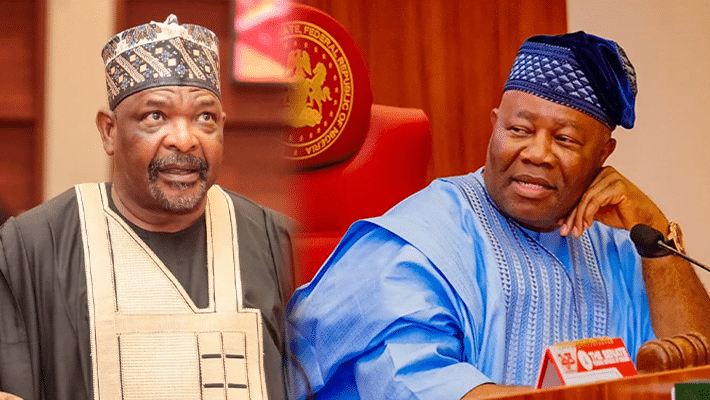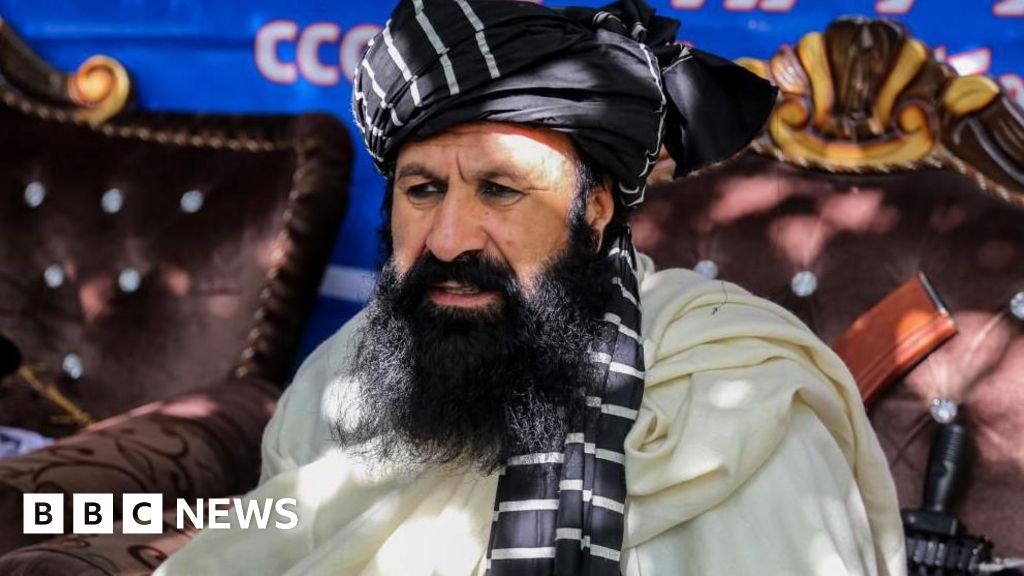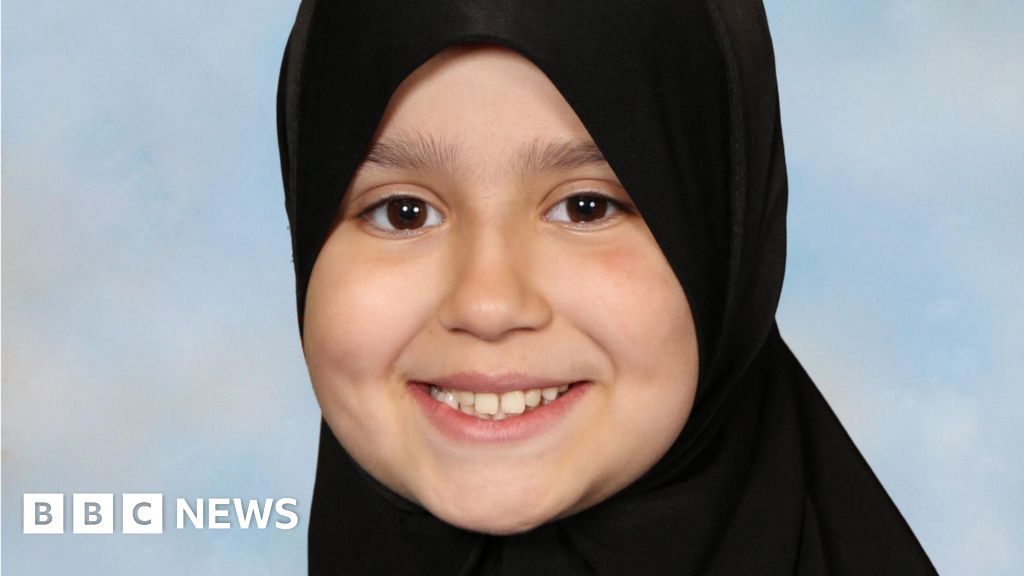The International Human Rights Commission has raised concerns over the persistent ethnic and religious conflicts undermining Nigeria’s unity and stability, warning that the trend poses a significant threat to the nation’s future.
The IHRC Head of Diplomatic Mission, Duru Hezekiah, delivered this cautionary note on Thursday during the symposium themed “Unity in Diversity: Embracing Freedom, Equality, and Dignity for All” held in Abuja, where the commission also inaugurated its new officials.
Hezekiah noted that Nigeria, with its rich diversity of over 250 ethnic groups and more than 500 spoken languages, holds immense potential. However, this diversity, he argued, has not been fully harnessed for development due to divisive forces.
“By promoting inclusive governance, Nigeria can leverage its diversity to drive prosperity. Diversity offers opportunities for cultural exchange and understanding, which are essential for fostering unity and cooperation,” Hezekiah said.
In a keynote address, legal scholar and Senior Advocate of Nigeria, Professor Mike Ozekhome, highlighted the dichotomy between Nigeria’s potential and its reality.
While the nation is often described as embodying “unity in diversity,” Ozekhome remarked that this vision remains largely aspirational.
“Nigeria’s ‘coat of many colors’—its ethnic, linguistic, and religious plurality—should symbolize strength rather than weakness. Unfortunately, divisive sentiments have overshadowed our collective potential for unity,” he lamented.
Ozekhome further critiqued systemic issues such as ethnic nepotism, underrepresentation, and institutionalized discrimination. He also touched on contentious topics like tax reforms, questioning the fairness of Nigeria’s value-added tax (VAT) distribution system.
“A state like Lagos generates trillions in VAT but receives a disproportionately small share of the revenue. This inequity fuels regional discontent, yet the long-term provisions could benefit all regions if properly understood,” Ozekhome explained.
Adding to the discourse, Major Hamza Al-Mustapha, former Chief Security Officer to late General Sani Abacha and 2023 presidential candidate of the Action Alliance, offered a bleak assessment of Nigeria’s current state.
“Nigeria has become a failed state by all international standards,” Al-Mustapha declared. “Our institutions are dysfunctional, corruption is rampant, and billions that could alleviate poverty are siphoned into private pockets.”
He criticised the international human rights community for its silence during Nigeria’s electoral irregularities and systemic failures.
“Poverty is ravaging the country while rigging and institutional decay persist. Where was the human rights community when Nigerians were treated like animals? You must speak out more boldly,” he said.

 2 hours ago
1
2 hours ago
1















 English (US) ·
English (US) ·